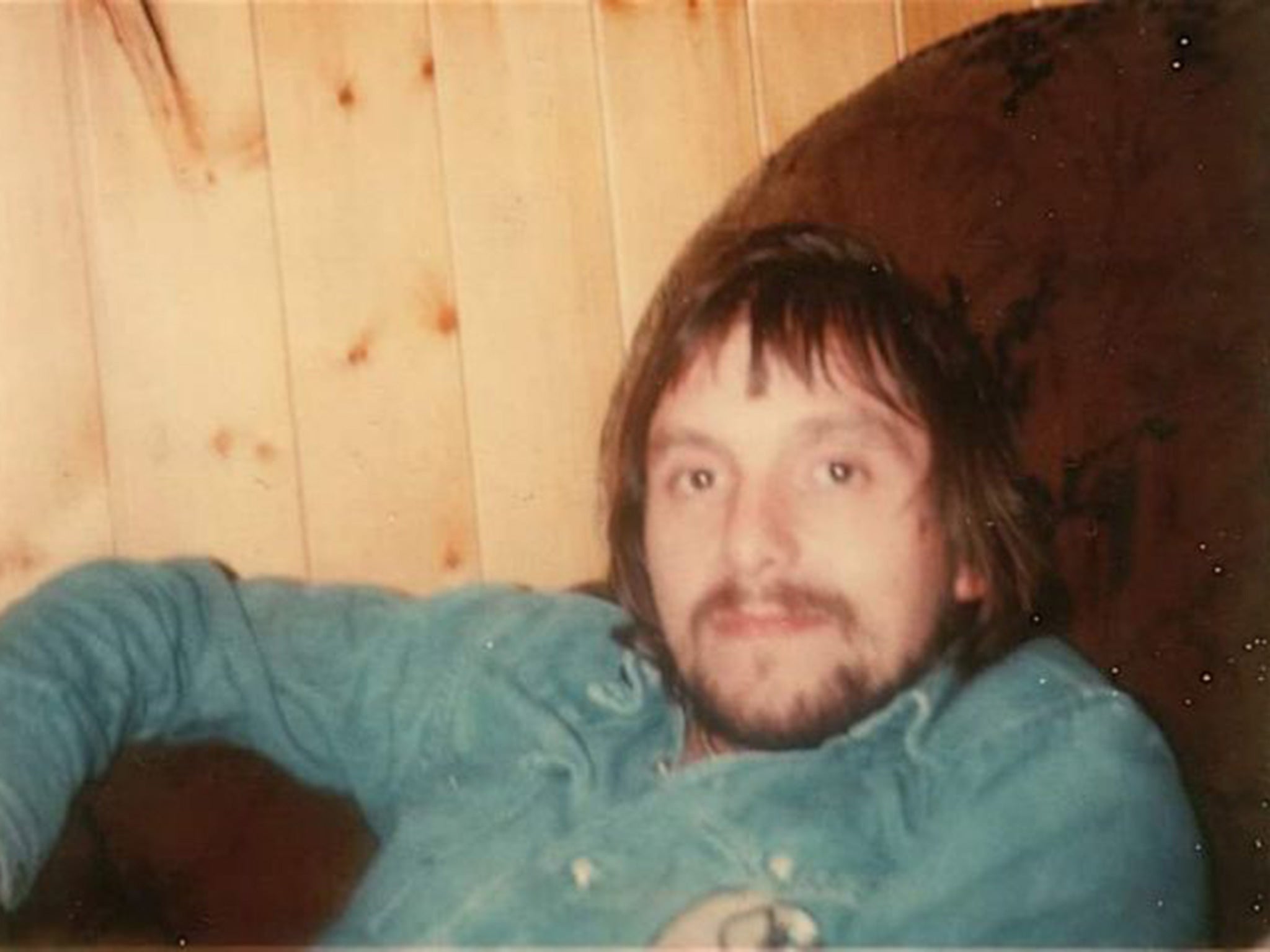Joe Moss: Music manager who helped launch the Smiths and looked after the affairs of their guitarist, Johnny Marr
'Without him, there wouldn’t have been any Smiths,' according to Johnny Marr

Your support helps us to tell the story
From reproductive rights to climate change to Big Tech, The Independent is on the ground when the story is developing. Whether it's investigating the financials of Elon Musk's pro-Trump PAC or producing our latest documentary, 'The A Word', which shines a light on the American women fighting for reproductive rights, we know how important it is to parse out the facts from the messaging.
At such a critical moment in US history, we need reporters on the ground. Your donation allows us to keep sending journalists to speak to both sides of the story.
The Independent is trusted by Americans across the entire political spectrum. And unlike many other quality news outlets, we choose not to lock Americans out of our reporting and analysis with paywalls. We believe quality journalism should be available to everyone, paid for by those who can afford it.
Your support makes all the difference.Over the last five decades, Manchester has produced more influential rock groups than any other city in the UK. This wouldn’t have been possible without the emergence of a commensurate number of music managers and entrepreneurs based early on, or for the duration, in the “powerhouse of the North”. These include Chris Wright of Chrysalis Records, Richard Boon, who managed Buzzcocks and started their DIY label New Hormones, Anthony Wilson, co-founder of Factory Records, Rob Gretton, who looked after the affairs of Joy Division and New Order – and Joe Moss, whose input into the formation and emergence of the Smiths in the early 1980s, and the career of their guitarist Johnny Marr, has proved crucial.
The Smiths’s notoriously litigious linchpin, lyricist and vocalist, Morrissey, might have belittled Moss’s role in his memoir, Autobiography. But insiders knew the fine details of what had happened to facilitate the band’s record deal with Rough Trade Records, the independent label which issued “Hand In Glove”, their magnificent first single, in the spring of 1983, and “This Charming Man”, the follow-up which saw them break through to the mainstream and make their Top Of The Pops debut in the autumn.
However, by the time their eponymous debut album appeared in early 1984, Moss had resigned in an attempt to clear the air and placate Morrissey. Since then, the frontman has gone through a series of managers and labels. In 1999, Moss began looking after Marr again, ushering in the guitarist’s most creative years as he launched the Healers, collaborated with Modest Mouse and the Cribs, and recorded a brace of solo albums for Warner Brothers, the major which had acquired the Smiths catalogue following the collapse of Rough Trade in 1991.
Born in Stockport in 1942, Moss was a can-do entrepreneur with a dual interest in music and clothes. A patron of the mod and Northern Soul venue The Twisted Wheel, by the time he met Marr in 1980, he owned the Crazy Face clothes store and put the guitarist in charge of a new outlet. Marr moved into a spare room in the Moss family home, where he constantly practised his guitar playing.
After Marr and Morrissey teamed up in 1982, ostensibly as songwriter partners in the tradition of Jerry Leiber and Mike Stoller, and recruited drummer Mike Joyce and bassist Andy Rourke to round off the Smiths, Moss let them rehearse in his warehouse on Portland Street. Soon, he was buying them a van and a PA and bankrolling the self-produced £250 demo of “Hand In Glove”, recorded at Strawberry Studios in Stockport, that they took to Rough Trade. By the end of 1983 they had played over 40 concerts in the UK, including the Hacienda and Rafters in Manchester, and were on their way to appearing at New York’s trendy Danceteria club.
After surrendering his interest in the Smiths, Moss went on to promote shows at the Manchester venue Night & Day. He also managed two groups who owed the Smiths a huge conceptual debt and never quite fulfilled their promise: Marion, from Macclesfield, in the mid-’90s, and the Manchester-based Haven in the early noughties. Former Marion guitarist Phil Cunningham is now a member of New Order.
Moss died of cancer. “Joe was a one-off, an amazing person, totally unique,” said Marr. “He started looking after me when I was 17. It was Joe who put the idea in my head to go and knock on Morrissey’s door. He invested his time and money in us when no one else wanted to know, and his belief in us kept us going. Without him, there wouldn’t have been any Smiths. He was an original beatnik and a true bohemian, respected by all. Everyone who met him, loved him; he can never be replaced.”
PIERRE PERRONE
Joe Moss, music manager: born Stockport 5 November 1942; married Sarah (three daughters, two sons); died Manchester 23 October 2015
Join our commenting forum
Join thought-provoking conversations, follow other Independent readers and see their replies
Comments